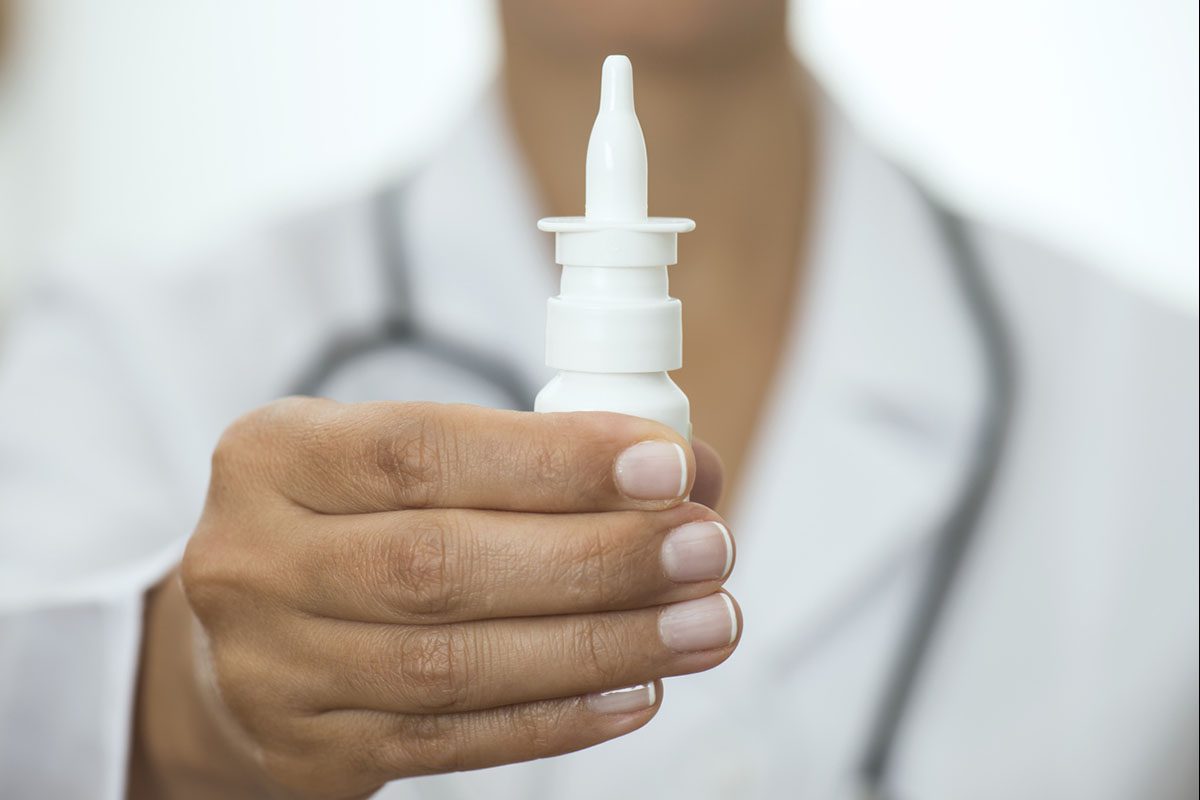Background: In patients who are not responding to antidepressant pharmacotherapy, information regarding the future probability of response with the same treatment is scarce. Specifically, it is unclear at what point in time the probability to respond or remit ceases to increase, because few studies report data on response or remission at repeated time points beyond 4 or 8 weeks of treatment. Consequently, treatment recommendations in clinical practice guidelines differ widely.
Data Sources: We systematically searched MEDLINE, Embase, PsycINFO, and CENTRAL databases through March 2014 using generic terms for depressive or affective disorders, individual drug names, and placebo (Prospero Registration: CRD42014010105).
Study Selection: We identified double-blind, randomized studies with continuous outcome reporting from 4 weeks up to at least 12 weeks that compared antidepressant monotherapy to placebo in adult patients suffering from acute depressive disorder.
Data Extraction: Data extraction and synthesis followed Cochrane Collaboration guidelines. Primary outcome was response; secondary outcomes were remission and changes in rating scale scores in previously unresponsive patients, respectively.
Results: Of 6,043 articles screened, we selected 9 studies including 3,466 patients. Altogether, 21.6% (18.6%, 24.9%) of previously nonresponsive patients achieved response with ongoing antidepressant treatment between weeks 5 and 8, and 9.9% (7.5%, 12.7%), between weeks 9 and 12. Probability of response when taking placebo was 13.0% (9.9%, 16.5%) between weeks 5 and 8 and 2.4% (1.2%, 4.6%) between weeks 9 and 12. Differences in the probability of response between antidepressant and placebo translated into a number needed to treat of 11 after 4 weeks and 17 after 8 weeks. Heterogeneity was low to moderate, and results remained stable across subgroup and sensitivity analyses.
Conclusions: In patients unresponsive to antidepressant pharmacotherapy, improvements in psychopathology can be expected with ongoing antidepressant treatment for up to 3 months. After 8 weeks of treatment, improvement with ongoing monotherapy is relatively small.
Continue Reading...
Members enjoy unlimited free PDF downloads as part of their subscription! Subscribe today for instant access to this article and our entire library in your preferred format. Alternatively, you can purchase the PDF of this article individually.
Please sign in or purchase this PDF for $40.00.
Save
Cite
Already a member? Login


